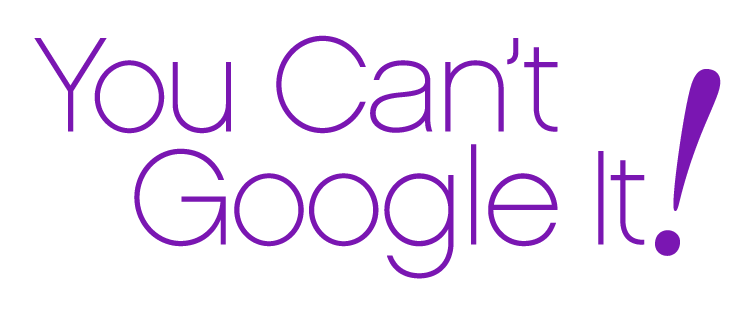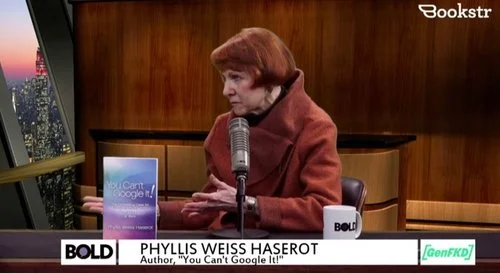Seismic Shifts Require Bold Responses
/Clearly there is no time to lose or for avoiding hard conversations, experiments and innovations. What kinds of creative thinking, solutions and contributions may be called for from Gen X and Millennial leaders?
Here are some takeaways I took note of while attending a virtual conference produced by Graduway featuring international alumni affairs and development leaders and other top administrators from a wide range of colleges and universities. I also added some of my own thoughts sparked by their presentations.
Higher education business models will have to be revised even faster than they had thought before the COVID-19 crisis, which has upended campus life prospects.
I think facility planning and construction needs to shift away from new buildings, gyms and other perks. Programs and budgets need to focus even more on making every diverse identity feel cared for, included, belonging and respected. That’s a positive thing.
A serious effort is needed to figure out how to provide more that fosters wellness and learning for lower tuition. The anxiety and mental illness that young people were already suffering has been exacerbated by the crisis’ impact and has long term effects for Gen Z current students and those that follow them. A focus on “adulting” skills and making parents part of the learning process and a less stressful influence are called for.
Make alumni a greater part of the learning process by vocally and visibly valuing their non-financial contributions as much as the financial ones. Involving more alumni by giving them tangible things to do, such as supporting grad students with coaching and mentoring.
More partnering of career services and alumni affairs staff could help with recruiting and hiring of students by employers.
Segmenting alumni in non-traditional ways (that is, by other than graduation year) can make for more meaningful networking among alumni and between alumni and students.
Some thoughts for multi-generational workplaces:
Define competencies needed from employees and where to find that talent.
Place less focus on school grades and standardized tests in hiring.
Learning and development should serve as a larger part of what the employer provides to both fit current needs and help employees continue to grow and stay relevant.
Give personalized attention in terms of benefits at different life and career stages and for just in time feedback.
Recognize the need for an assortment of mentors and coaches to meet career and wellness requirements.
Provide a welcoming environment for all diversities and identities that is balanced between hands-on care and a too confining culture that hinders development of self-sufficiency.
Given that these changes are costly, especially when emerging from a drastic economic hit to revenues, rethinking of compensation is necessary.
These are hard conversations to have, but necessary. We are at a crossroads where it is foolish to think that current conditions will pass and fade away. They have long-term implications, and we have been awakened to the fact that it is naïve to expect there will be no recurrences or even more significant environmental challenges.
Call to Action: I invite you to this vital conversation. Please comment on this article and share your views on how changes forced by COVID-19 help or exacerbate intergenerational relations at work. © Phyllis Weiss Haserot, 2020


